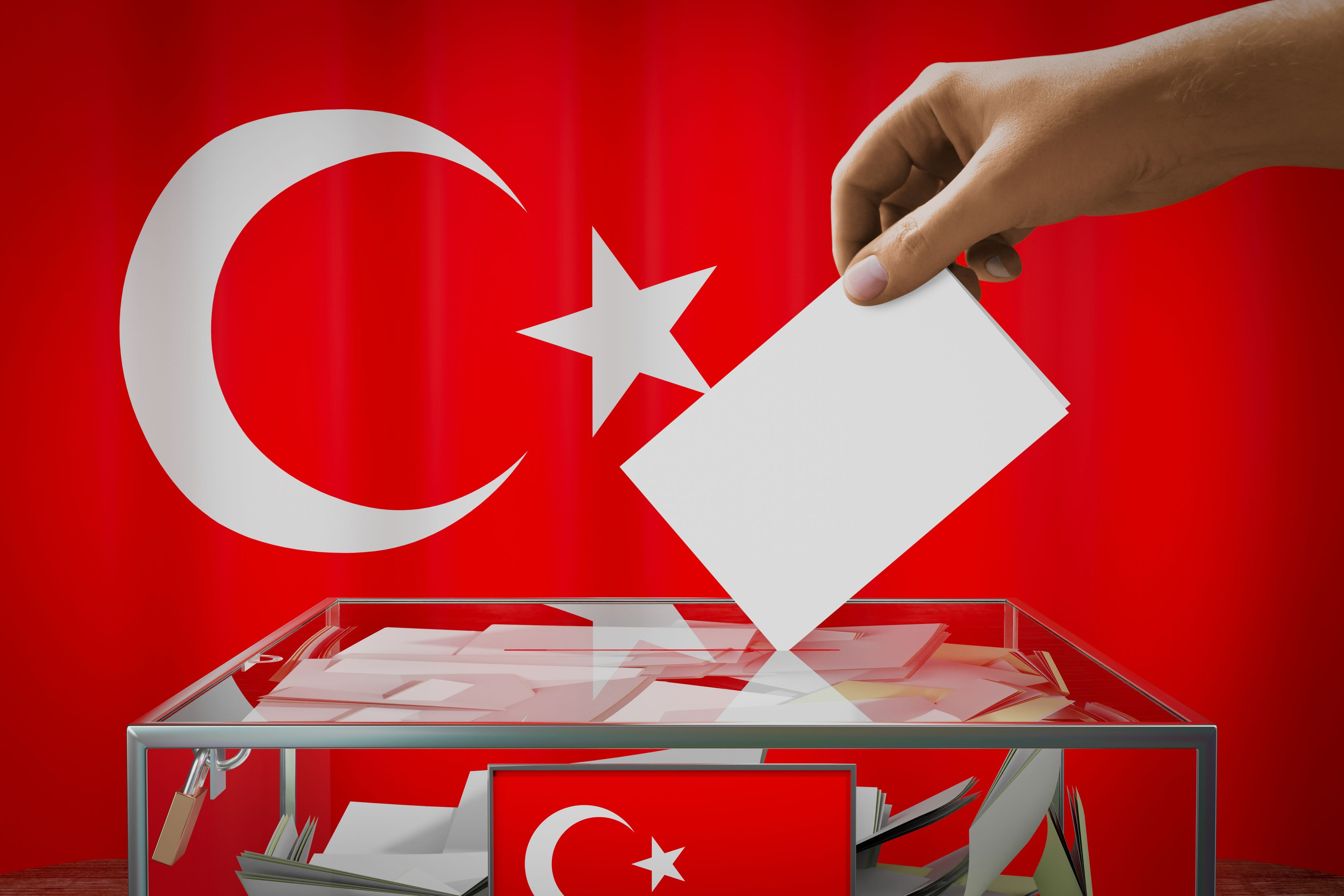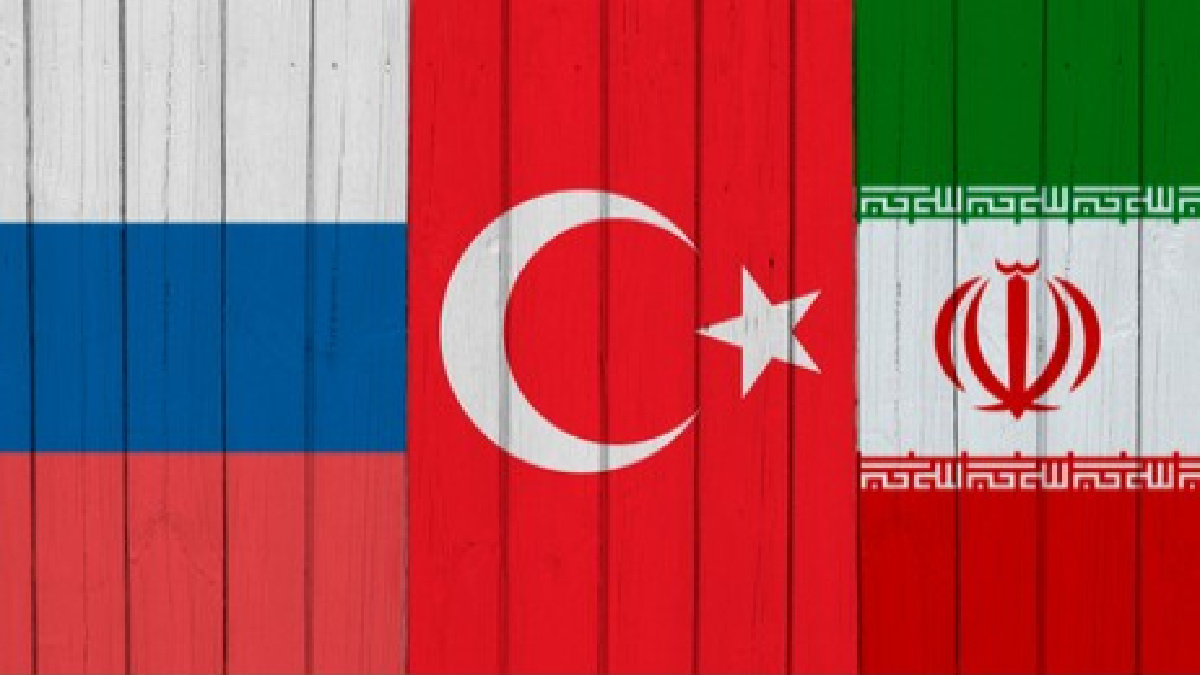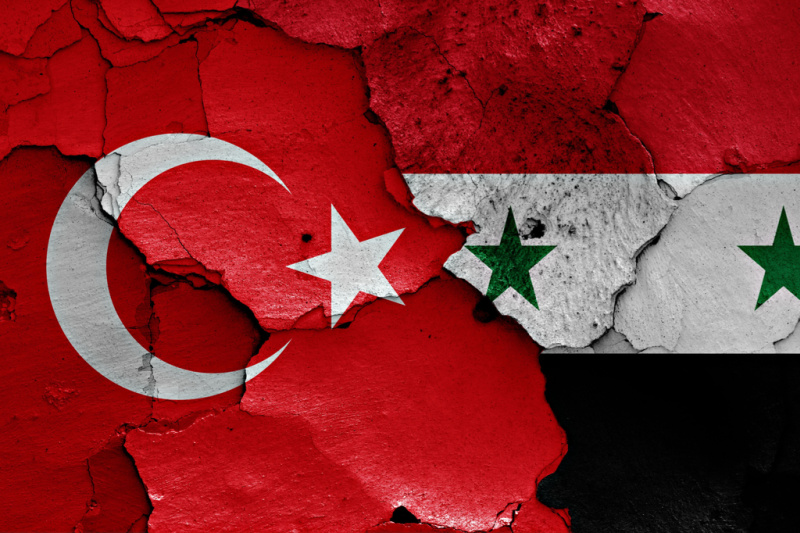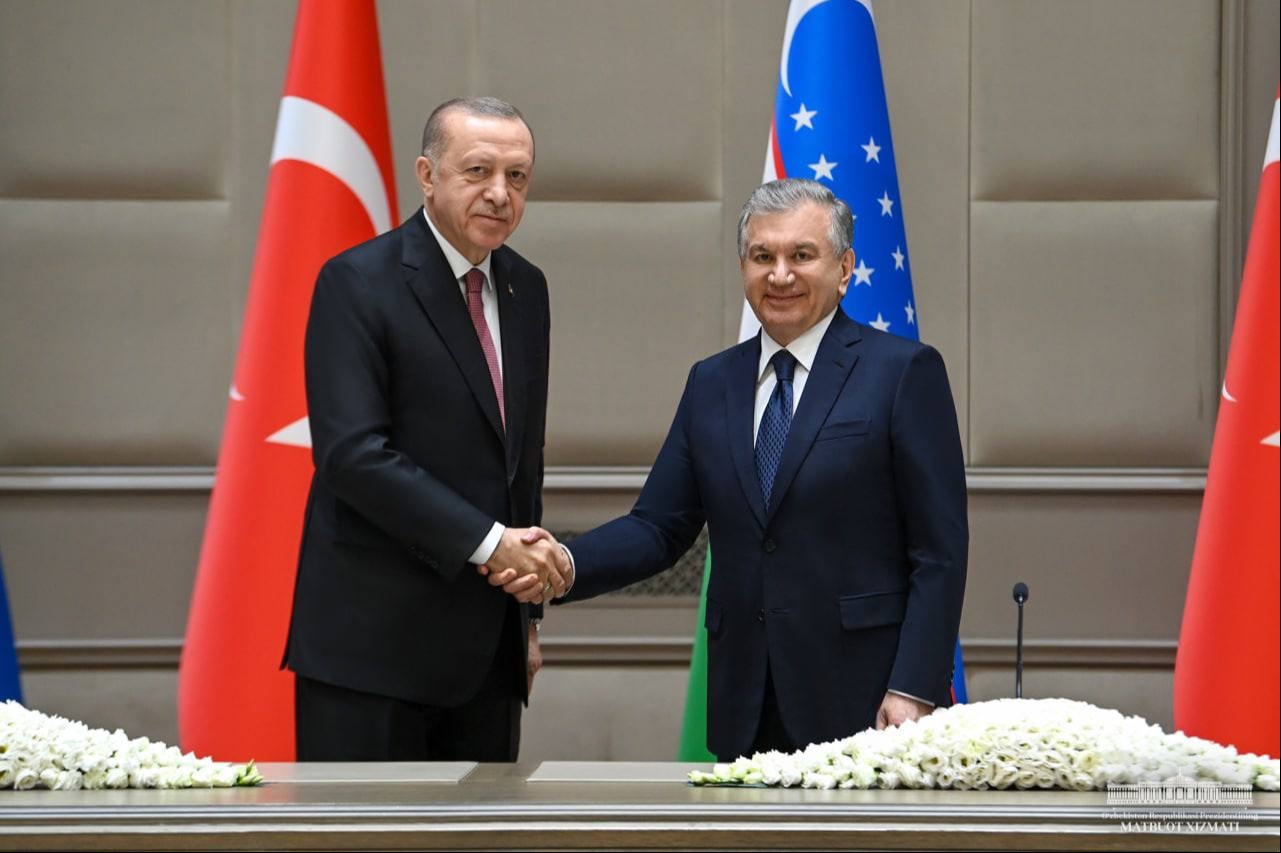Illusions of Unity: The Travails of Turkey’s Main Opposition Alliance
By Halil Karaveli
October 6, 2022
CHP leader Kemal Kılıçdaroğlu’s potential candidacy in next year’s presidential election is causing tensions within Turkey’s six party main opposition alliance, raising doubts about the viability of the alternative alliance to the rule of Recep Tayyip Erdoğan, who has rebounded in the polls. Turkey’s past, sociology and the right-wing character of the opposition alliance where the CHP is in ideological minority militate against the social democrat Kılıçdaroğlu’s presidential bid. And while Turkey’s long-standing culture war between seculars and religious conservatives may have come to an end, ethnic aspirations and rising socio-economic discontent – to which the left and the right respond differently – are bound to fuel societal conflict and make it difficult, if not impossible, to sustain a the left-right opposition alliance and the notion that there is a viable alternative to Erdoğan.

Rejecting Democracy: What Turkey has in common with Russia and Iran
By Hamit Bozarslan
October 3, 2022
The Turkish, Russian and Iranian regimes share strikingly similar traits. They have emerged to form a group of radically nationalist, self-proclaimed “virile” alternatives to liberal democracy. All three “anti-democracies” project themselves as hegemonic powers, but they remain deeply frustrated former empires and their future is uncertain. Unfortunately, the passivity that the Erdoğan regime has succeeded in instilling in Turkish society, like the Putin regime has done in Russia, may prove to be its lasting legacy, ensuring the survival of authoritarian rule.

Hostage to Hubris: Turkey’s Long Road Ahead In Syria
By Gareth Jenkins
September 1, 2022
Recent Turkish calls for dialogue with the Syrian government to try to end the country’s civil war are primarily driven by President Recep Tayyip Erdoğan’s fears about his own domestic political survival ahead of the presidential and parliamentary elections scheduled for June 2023. But they are also a tacit admission of the catastrophic failure of Turkey’s policies in Syria, the costs of which are likely to haunt whoever governs in Ankara for years to come.

Can Turkey Build a Middle East Consensus for a New Syria Intervention?
By Michaël Tanchum
August 29, 2022
With Russia bogged down in its war against Ukraine, Turkey announced its plans to conduct another military operation in northern Syria. At the July 19, 2022 Turkey-Russia-Iran Summit on Syria, Turkey’s President Recep Tayyip Erdoğan found Moscow and Tehran largely unaccomodating of Ankara’s plans in contrast to Turkey’s previous four interventions. Yet Turkey could use a distracted Russia’s inability to restrain Iran’s strategic designs in Syria as the basis to build a new Middle Eastern consensus for a Syrian intervention, as Egypt, Israel, the United Arab Emirates, and Saudi Arabia are each opposed to Iran’s presence in Syria. Aided by the fact that Turkey has recently engaged in a rapprochement with each of these actors, Ankara will need to convince them of two things to receive tacit consent – a new military intervention would indeed blunt Iran’s advances and that further entrenching Turkish control in northern Syria would not empower jihadi militant and Islamist extremists.

New Turkey-Uzbekistan Strategic Partnership Accelerates Turkey’s Rise as a Eurasian Agenda-Setter
By Michaël Tanchum
June 8, 2022
The March 2022 elevation of the Turkey-Uzbekistan relationship to a “Comprehensive Strategic Partnership” provides the Ankara-led Organization of Turkic States with a new geopolitical heft. To preserve its autonomy in the face of Beijing's growing regional dominance, Tashkent has turned to Ankara to act as countervailing force in both economic and security affairs. Combined with the expanding Turkey-Pakistan strategic partnership, this makes Turkey a rising Eurasian agenda setter that will impact the strategic calculus of both Beijing and Washington.








